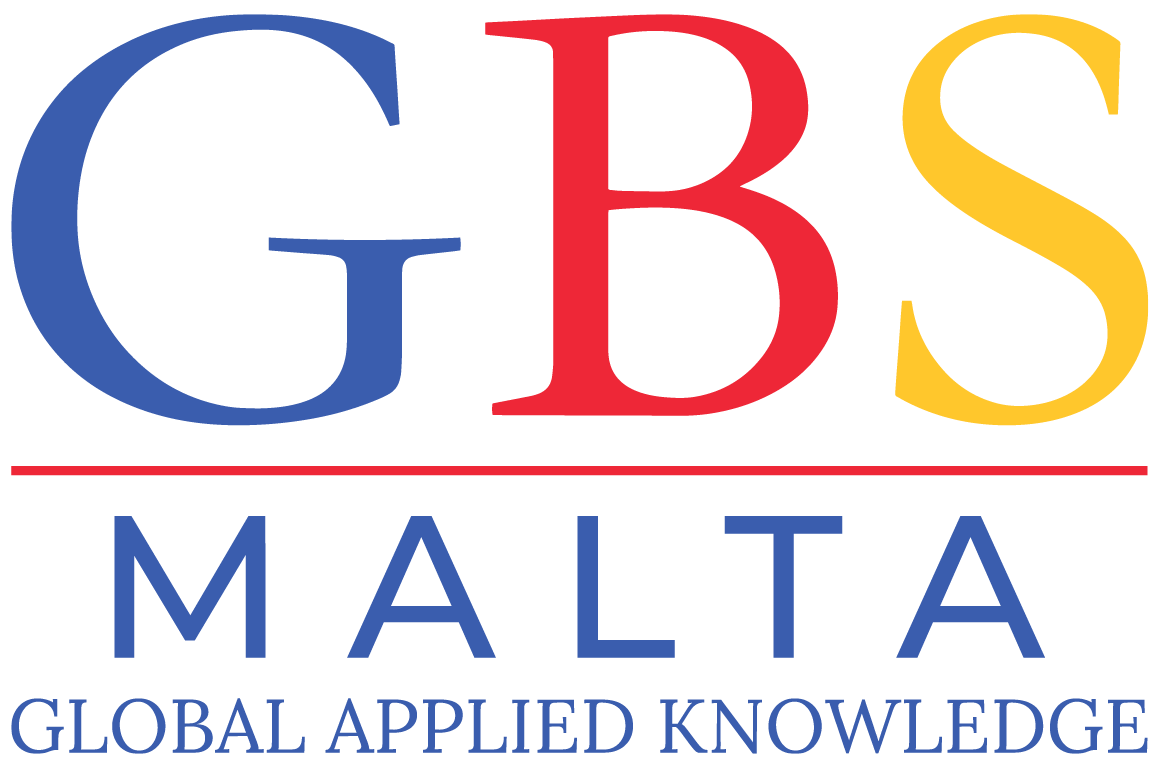Basic requirements include a completed application form, academic transcripts, English proficiency test results, passport and ID.
Why take admission in Malta?

Malta’s educational system is robust and globally recognised. Students benefit from an English-speaking environment, a rich history, and a safe, welcoming community when compared to many other European countries. Malta’s higher education institutions provide excellent academic programmes and vibrant campus life, making it an ideal study destination. Here’s more to why to choose Malta for higher education.
- Quality education: Malta boasts a range of reputable institutions offering a wide range of courses. Higher education providers in Malta follow the Bologna Process, ensuring that degrees are recognised across Europe and beyond. Students are developed in graduates with skills for a global career.
- English speaking country: Malta is an English-speaking country, so international students feel at home. English is the main language of instruction in universities, there are no language barriers and students can fully engage in studies and social life.
- Affordable tuition and living costs: Compared to other European countries, Malta has lower tuition fees and living costs. It’s a great option for students looking for quality education without the high costs of bigger countries.
- Rich cultural heritage: Malta is steeped in history, with a cultural heritage that dates back thousands of years. Students can visit ancient temples, forts and UNESCO World Heritage sites. The island’s festivals, music and cuisine provide a rich cultural experience, adding to the overall study experience.
- Safe and welcoming community: Malta is safe and welcoming. Low crime rates and friendly locals create a secure and homely environment for students from all over the world. This supportive atmosphere helps international students to adjust and thrive in their new surroundings.
- Mediterranean climate: Malta has a Mediterranean climate with mild winters and hot summers, so it’s a great place to live all year round. The nice weather allows for outdoor activities from visiting the beach to going hiking, a balance between studies and leisure.
- Strong international community: With students from all over the world, Malta has a strong international community. This multicultural environment enriches the learning experience and creates global connections and cultural exchanges. Students build lasting friendships and professional networks that benefit them throughout their careers.
- Gateway to Europe: Malta’s location in the Mediterranean makes it a gateway to Europe. Students can easily travel to other European countries and enrich their educational and cultural experiences. Travel is also convenient for international conferences, internships and seminars.
- Supportive educational system: Maltese institutions offer a wide range of support services for international students including orientation programmes, academic advising and career services. All these areas of support are key for settling in Malta, succeeding academically and preparing for a better career.
- Innovative teaching methods: Maltese universities use innovative teaching methods, incorporating the latest technology and research into their courses. This forward-thinking approach means students are ready to excel in their future careers.
Studying in Malta gives you access to top quality education. Malta offers every kind of experience an international student can imagine. This includes top-notch academics, exposure to different cultures and a welcoming student environment to grow and learn.
Start Your Malta Journey Today
Documents for admission requirements in Malta
Since each country has its own set of eligibility and documentation requirements for admission to higher education institutions, here is what you would need to enrol into a programme in Malta:
1. Admission requirements for undergraduate programme
- Filled application form
- Transcripts and certificates
- English proficiency test certificates
- Valid passport and ID
- Letters of recommendation (LOR)
- Statement of purpose (SOP)
- Resume
- Proof of financial support
- Medical certificates
2. Postgraduate admission requirements
If you have decided to pursue a post graduate programme in Malta, here is a list of documents that you need to produce for enrolment. The admission requirements are similar as undergraduate programmes, but may include the following:
- Completed application form
- Bachelor’s degree transcripts and certificates
- English proficiency test results
- Valid passport and ID
- Letters of recommendation (LOR)
- Statement of purpose (SOP)
- Resume
- Proof of financial support
- Medical certificates
- Additional documents specific to the programme
Explaining the admission requirement documents in detail
It is important to understand the need of each document that you are asked to provide. Here is a detailed breakdown of what is the purpose of each document for admission in Malta that is on the list:
1. Application Form
The application form is the first step. Fill in your personal details, educational background, and course preferences. Ensure accuracy and completeness. Common mistakes to avoid include:
- Misspelling names
- Incorrect contact details
- Omitting sections
2. Academic Transcripts and Certificates
Transcripts are an essential part of the documentation procedure for admission. These documents are used to confirm your educational history and past learning. Make sure you obtain these from your former schools as soon as possible. Share the transcripts that have been checked and translated into the required language.
3. English Proficiency
a) Malta requires proof of English proficiency. Accepted exams include:
- IELTS
- TOEFL
- Cambridge English
b) Minimum scores vary by institution but typically include:
- IELTS: 6.0 or above
- TOEFL: 80 or above
- Cambridge: B2 level
Submit official test results.
4. Passport and ID
Ensure your passport is valid for the duration of your study. Submit a copy of your passport and a national ID if applicable.
5. Letters of Recommendation (LOR)
LORs support your application by providing insights from people who have taught or worked with you in the past. Typically, you need 2-3 LORs. Choose people who know you well and can speak to your strengths.
6. Statement of Purpose (SOP)
The SOP is your opportunity to explain why you want to study in Malta and the field you have chosen as your area of expertise.
Must highlight:
- Academic goals
- Career aspirations
- Reasons for choosing Malta
Make sure you keep it concise and genuine.
7. Resume
A resume draws a clear outline of your academic and professional history.
Your resume must include:
- Educational qualifications
- Work experience
- Skills and achievements
Do not forget to tailor it to highlight relevant experiences.
8. Proof of financial support
Provide evidence that you can support yourself financially.
You can include:
- Bank statements
- Sponsorship letters
- Scholarship documents
Ensure your savings and funds cover tuition and living expenses for at least the full length of your course duration.
9. Medical certificates
Some education providers demand medical certificates. This is to verify that you are in a healthy status and ensure you meet the health requirements of the country. Consult your chosen institution for specific health checks (if any).
10. Additional documents
Depending on your chosen programme, additional documents can be demanded by the admission team. Check with the admission support team for a list of specific requirements that are needed to be submitted.
Embarking on admission journey with GBS Malta

Studying at GBS Malta can be a great opportunity to experience the right blend of academic excellence and practical experience. GBS Malta offers a range of bachelor's, master's and award programmes for students looking to excel and advance in their careers. Here is a checklist of documents required for admission in Malta:
- Completed application form
- Academic transcripts and certificates
- English proficiency test results
- Valid passport and ID
- Letters of recommendation (LOR)
- Statement of purpose (SOP)
- Resume
- Proof of financial support
- Medical certificates
GBS Malta provides comprehensive support throughout the process of taking admission in GBS Malta.
Studying in Malta offers an enriching experience with its high-quality education and vibrant culture. Ensure you meet all admission requirements for a smooth application process.
Frequently asked questions about admission requirements in Malta
1. What are the basic admission requirements for studying in Malta?
2. How many letters of recommendation are needed?
Typically, 2-3 LORs are required.
3. What should be included in a Statement of Purpose (SOP)?
An SOP should include your academic goals, career aspirations and reasons for choosing Malta.
4. Are medical certificates necessary for all programmes?
Some programmes will require medical certificates. Check with your chosen institution.
5. Can I submit my application without proof of financial support?
No, proof of financial support is mandatory to demonstrate you can cover tuition and living expenses.
How do I get my academic transcripts?
Request transcripts from your previous institutions and ensure they are certified and translated into English if necessary.



